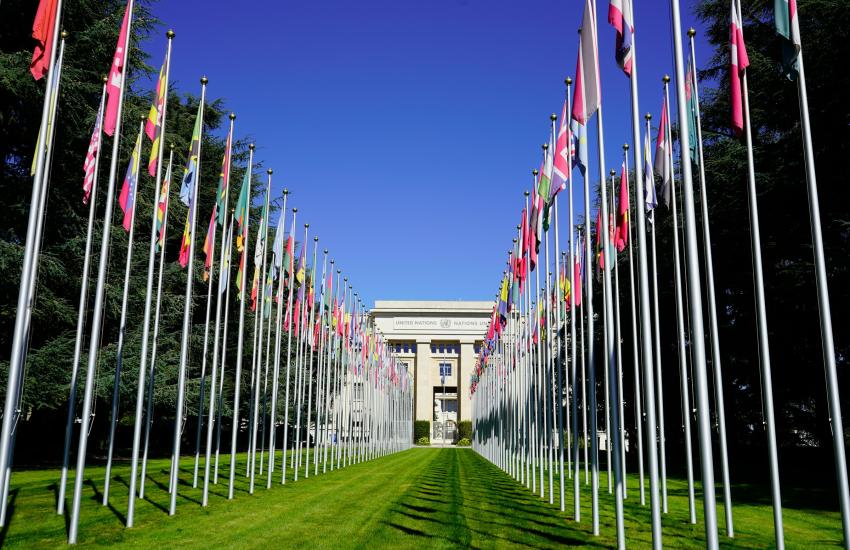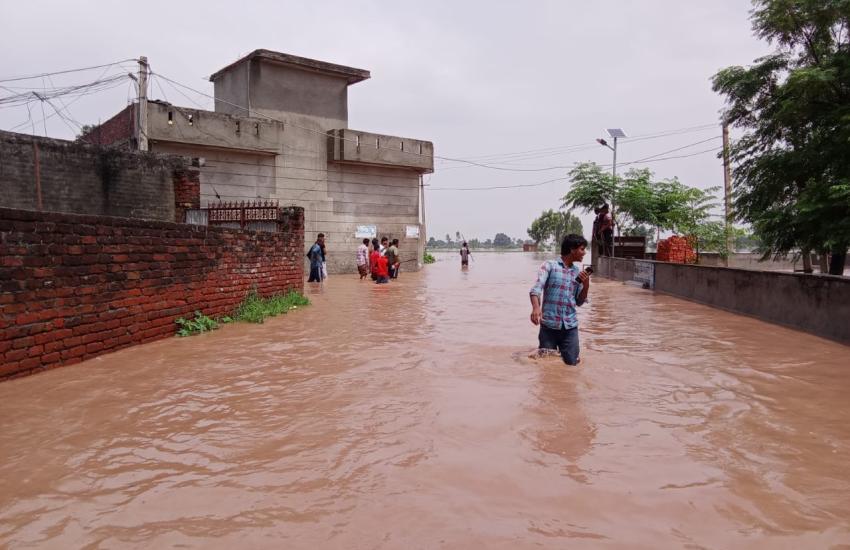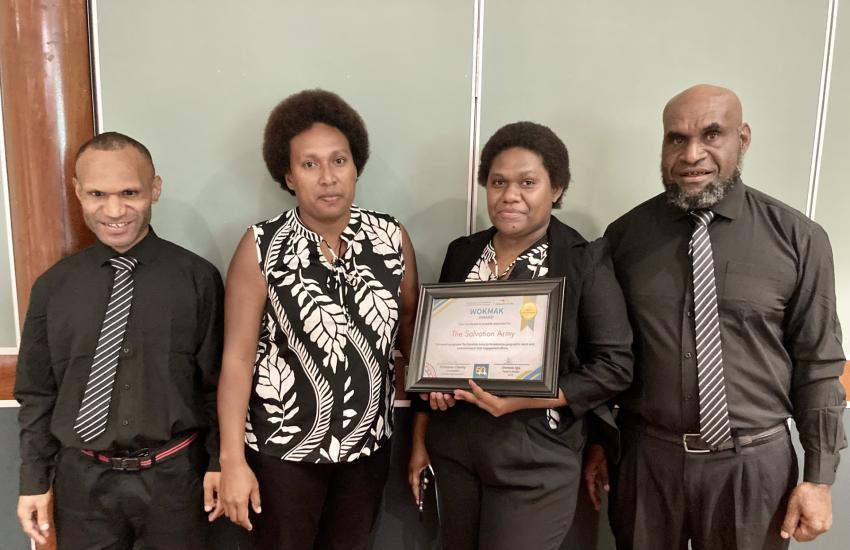The Salvation Army emergency services team in Pakistan has made a further distribution of tents in the Balakot region. Two hundred tents were given out, along with some warm clothes, cereal for children, dried milk, 500 colouring books, 200 packages of crayons, 500 lead pencils, 500 erasers and 500 sharpeners.
One hundred tents were given out in the lower part of Balakot City, in conjunction with the Pakistan military, reports International Headquarters correspondent Katie Baddams.
The military contacts reported that things are improving slowly but there is still an awful lot to do to get things anywhere near back to normal. They have set up tent villages in the main area of Balakot and are trying to encourage people down from the mountains to stay there. This way they will be able to monitor people a lot more easily to ensure everyone has enough supplies and can keep warm. The cold weather is setting in and snowfall is expected soon.
Many of the people do not want to move down from where their homes used to be for fear that they might lose what little remains there. The military are reaching the very difficult areas despite the challenging terrain. Some people have even had supplies of food, clothing and tents dropped to them by helicopter.
Tent schools have been set up in the main area of Balakot and teachers have been asked to come forward to teach in these schools. Children have been given some rupees as an incentive to go to school as many of them are now afraid because the earthquake hit the last time they were at school. One very sad story was told of a mother who had waited 10 years to have a child. His first day at school was the day of the earthquake and he was among the pupils who lost their lives.
The Salvation Army also worked with the military to distribute another 100 tents in the villages and mountains around Balakot. During this visit the team members were taken 7,300 feet up the mountains where they saw tents distributed on a previous occasion were now in use.
'We noticed that people are trying to establish some sort of living,' writes Katie. 'They’re salvaging any items they can from the rubble to rebuild their livelihoods and living comforts. There was a little tobacco/sweets/general store that had been opened and it stood out amid all the rubble. There was also a fruit and vegetable store and various other stalls here and there.
'Signs of life are beginning to emerge. I noticed one of the children had some face painting done, and some of the children were playing games, chasing each other. This is something we hadn’t seen before and was definitely an encouraging sign.'
Salvation Army team in Pakistan sees new signs of life from earthquake survivors
Discover more

The Salvation Army and World Evangelical Alliance call for action on child labour
The Salvation Army has released a joint statement with the World Evangelical Alliance to coincide with the United Nations 60th Session of the Human Rights Council to support the urgent call to end the worst forms of child labour.

Chasing the music
Taylor Swift’s concerts echo spiritual rituals, revealing a deeper longing for connection, identity and unconditional love. This hunger mirrors the eternal fulfilment found in Jesus, whose message transcends fame and fleeting emotion.

Small libraries, big dreams!
Eco-friendly mini libraries are offering meaningful change and connecting hearts and minds across Korea.

Five minutes with... Fernanda Rivera, Mexico
My name is Fernanda Rivera and I live in Mexico City. I work as Youth Engagement Coordinator at the Global Opportunity Youth Network.

Monsoon devastation in Northern India
The Salvation Army responds

The Salvation Army in Papua New Guinea is honoured with inclusivity award
The award recognises The Salvation Army’s extensive geographic reach and inclusive engagement efforts across its programmes.